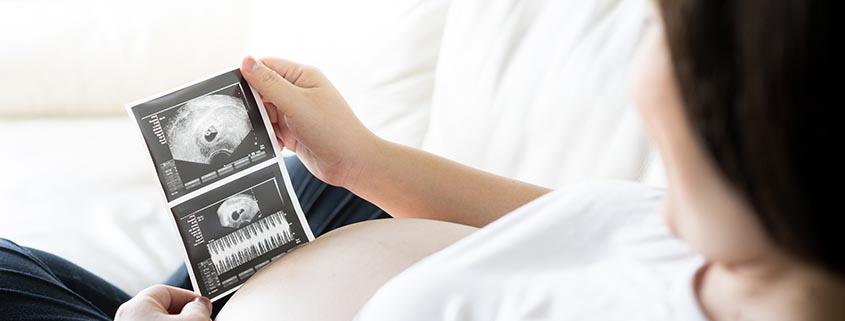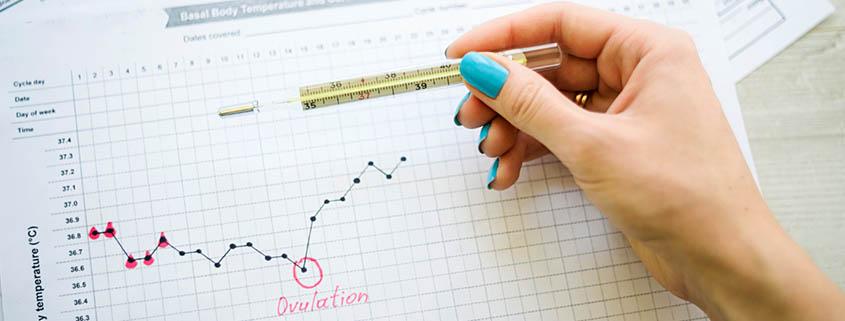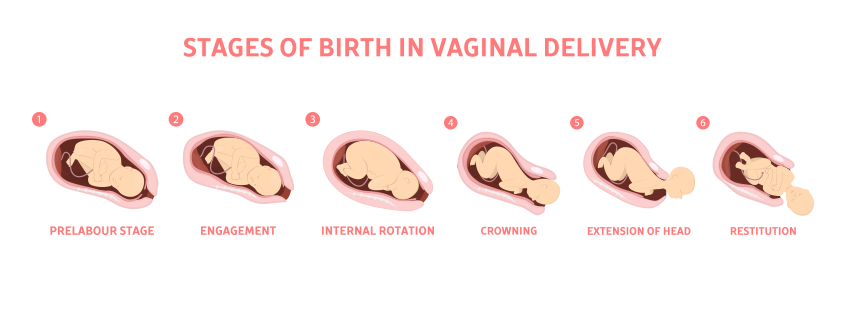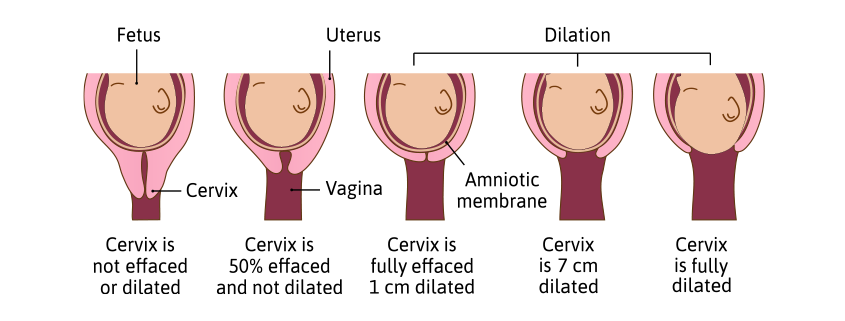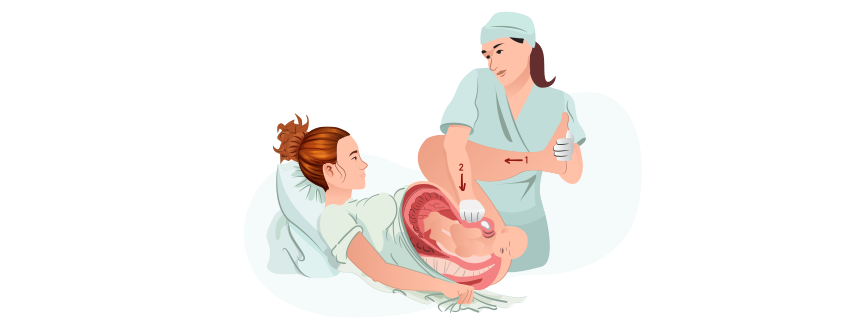So, your career is set, you understand each other well and decide, “Hey, it’s time we added a new member to the family.” Starting a family is a life-changing experience and requires proper planning. Once you have decided to go ahead with pregnancy planning, it is prudent to consult your doctor and get answers to those questions on your mind. It always makes sense to allay your doubts before moving on to an exciting chapter of your life – Motherhood.
So, visit your doctor with your partner and get all your confusions cleared. You can share your health history with your doctor for him/her to make a fair assessment. In case you are wondering, what is it that you need to ask your doctor, here are a few questions that can guide you.
When will I get pregnant if I start pregnancy planning today?
Getting pregnant after the first night of unprotected sex happens in the movies but real life can be very different. It could take a day or it could take months or years before you get pregnant. At best, the doctor can check your age, health history and past conception experience and give you a general estimate.
Should I stop birth control immediately?
Well, if you are planning to start a family, that is the logical first step to take. However, going off the pill doesn’t mean you can conceive immediately. The body takes a couple of months to adjust to the new ovulation cycle before it is ready. If you are using an IUD, you may check with the doctor regarding the right time to remove it.
Is my fertility impacted by my medical history?
Some medical conditions do come in the way of conception. If you have a history of endometriosis, polycystic ovarian syndrome, overactive thyroid or STD, you may face difficulties in conceiving. Similarly, if your partner has a low sperm count or motility, it may be an impediment. The doctor would be best placed to give you sound advice based on your history.
Do my normal medications affect my fertility?
Some medications for epilepsy or blood pressure do impair the body’s ability to conceive. Some other prescription medications like steroids, antidepressants, thyroid medications, etc. are harmful to the baby once you are pregnant. So, you should inform the doctor about your medication habits and get them changed if they are harmful to the baby.
Do vitamins or supplements help me to conceive faster?
Ideally, if you are planning a baby you should start taking folic acid supplements 3-6 months before you start your pregnancy planning. Studies have shown that Folic acid reduces the chance of certain birth defects. Your doctor can also prescribe prenatal vitamins which are beneficial for the baby.
Do I need to alter my diet, fitness routine and lifestyle?
Being skinny or obese can both lead to fertility problems. Maintaining ideal body weight is beneficial while trying to get pregnant and it helps in a normal delivery. Excessive weight can lead to pregnancy complications like gestational diabetes, high blood pressure, pre-eclampsia, C-section and miscarriages. Excessive exercising, smoking and alcohol can have negative effects on fertility and pregnancy. You can discuss your lifestyle habits with your doctor and make changes where needed before planning a baby.
Are any vaccinations needed?
If you are trying to conceive, you need to take care of your health. Staying healthy during the entire term of pregnancy is vital for the health of the baby. Falling ill and taking medications could put the unborn baby at risk. If you are not already vaccinated, you may need to take the shots for MMR and chickenpox before conceiving as these viruses can greatly impact pregnant women. Also, your doctor may advise you to take the Tetanus, Diphtheria and Pertussis shots, seasonal flu and Hepatitis B vaccines during pregnancy.
Is genetic testing important?
You can choose to undertake genetic testing along with your partner to check if you are the carrier of any hereditary genetic conditions that can be passed on to the baby. If these results come out positive, you will have to check with the doctor about the risks of going through with a natural pregnancy.
I am trying but I cannot conceive? Why?
When the home pregnancy test throws up a negative result every month, it can be a painful and emotionally draining experience. Conception sounds easy but is quite difficult for several couples. If you have been at it for a year with no results , you may have fertility issues. At the same time, your partner could also be having low sperm count or motility issues which is hindering the conception. It is important to get the tests done to establish the cause and then treat the underlying condition.
What should I do if my pregnancy test turns out positive?
Well, Congratulations! If you spot the two pink lines on the Prega News Kit, you should still visit the doctor, share the results and get a confirmation. Your Obstetrician will be able to guide you further.
If you are planning to have a baby, it is advisable to visit your doctor with your partner and discuss all the fears and doubts you have in your mind. It is best to be informed about all the dos and don’ts before you bring a little human into the world and shoulder the responsibilities of parenthood.
Being a mother is the most wonderful feeling but with it comes great responsibility. Your doctor can be your advisor and guide on this wonderful journey.
Disclaimer:This blog solely intended for the educational/informational/awareness purposes and is not a substitute for any professional medical advice, diagnosis or treatment. Please consult your doctor/healthcare professional before acting on the information provided on the blog. Reliance on any or all information provided in the blog, is solely at your own risk and responsibility. Mankind Pharma Limited shall not be held liable, in any circumstance whatsoever.



























